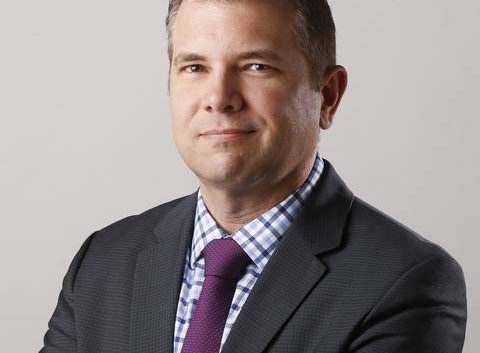- EF-1 tornadoes ripped through Cypress, Waller County areas with winds at more than 100 mph, NWS reports
- Houston-area storm damage updates: Clean up continues after NWS says two EF-1 tornadoes and powerful derecho ripped through SE Texas
- Low risk of damaging winds, hail from Saturday storms
- EF 1 tornadoes ripped through Cypress, Waller County areas at more than 100 mph, NWS reports
- Caddo Mounds State Historic Site to celebrate new visitor center, traditional grass house after 2019 tornado
Names and faces may change, but Hurricanes built a foundation of work

Carolina Hurricanes’ Justin Williams on 2018-19 season: ‘We played well, we played hard, we played for each other’
Justin Williams addresses the media on Monday, May 20, 2019 at PNC Arena in Raleigh, N.C.
Justin Williams addresses the media on Monday, May 20, 2019 at PNC Arena in Raleigh, N.C.
Raleigh
Some of the players who packed up their gear on Monday – including, among other things, Hartford Whalers sweaters, many destined to be framed – were walking out of the home dressing room at PNC Arena for the last time.
That’s unavoidable, the nature of the professional game. The resolute chemistry the Carolina Hurricanes built this season, starting with the coach and captain and filtering down through the entire roster and staff, will be tested by arrivals and departures. Contracts. Trades. Retirements?
But even if captain Justin Williams is among the departures – and the 37-year-old said Monday it would take him some time to make a decision about his future – the attitude and mentality the Hurricanes built this season will not easily be destroyed.
For all the talk about the Hurricanes putting the fun back into hockey, it was actually about the opposite. It was about work. They have seen the results. They have reaped the rewards.
“Every game is a game that we’re going to do our best to first outwork the other team and give ourselves a chance every night to try to win games,” Jordan Staal said Monday. “The results are not always there. They get paid as well, they have good players and all that stuff. But as a group we can’t have anyone not pulling on the rope and being part of the solution we need to win games.”
There was more than mere sweat to the retooling of the fabled “culture,” of course. Williams and rookie coach Rod Brind’Amour pushed for a team togetherness that was hardly organic; it was carefully cultivated and nurtured, nudged and prodded by two natural leaders into shape. They learned from what Peter Laviolette did with the 2006 team, and given the opportunity, applied those lessons this season.
It’s not a big leap from there to the Storm Surge.
But work was the foundation of it all, the thread holding together every seam. That was the message Brind’Amour and Williams delivered, by word and by action, from the first day of training camp. The crazy old men were out on the ice early and stayed late, daring any of the younger players to leave the ice (or the weight room) before them.
That helped wipe out the culture of complacency that had set in, like mildew, and soiled everything. Good enough was no longer good enough, in any respect. Off the ice. In practice. In the third period. In January. The resiliency and spirit that fueled the Hurricanes in the playoffs in April and May was imbued into the team in September and October.
There were tough times at the beginning, when the Hurricanes felt like they were doing everything right and yet could gain no traction. Their willingness to stick with it, from game to game and week to week and month to month, paid tremendous dividends in January and February and March and the playoffs, when they didn’t know any other way to play.
Even the Boston sweep was decided by a mere play or two: If Brock McGinn finishes a short-handed breakaway in Game 1 to make it 3-1, if the Hurricanes get anything out of their furious first period in Game 3, it’s a different series. Thanks in part to their dismal power play, they never could get any traction against a more talented team. Maybe if they hadn’t been grinding since January to get in, they would have had more emotional capital left, a lesson for next season.
And so the offseason began, and there is work ahead. Neither goalie is under contract for next year, and the Hurricanes will at least have to explore going in a different direction from Petr Mrazek. Micheal Ferland scored one goal after the trade deadline and the Hurricanes were 1-6 with him in the playoff lineup; he’ll still cash in somewhere, but it won’t be here. There’s still a desperate need for another center, and maybe Martin Necas is ready for that and maybe he isn’t. Justin Faulk has one year to go on his contract, making this the summer to decide whether to extend him or trade him.
So while this will be a different group in some ways, the mentality won’t change. What started with two guys last fall has spread across the room.
“We have to have that same mindset where we want to be and expect to be the hardest-working team,” said Faulk, who thrived as much as anyone under the new regime. “We’re going to try to establish that every night we’re going to work hard and compete. That’s where we start.”
The Hurricanes had some fun, sure, but they know what got them this far and what could get them back.
They worked for it.